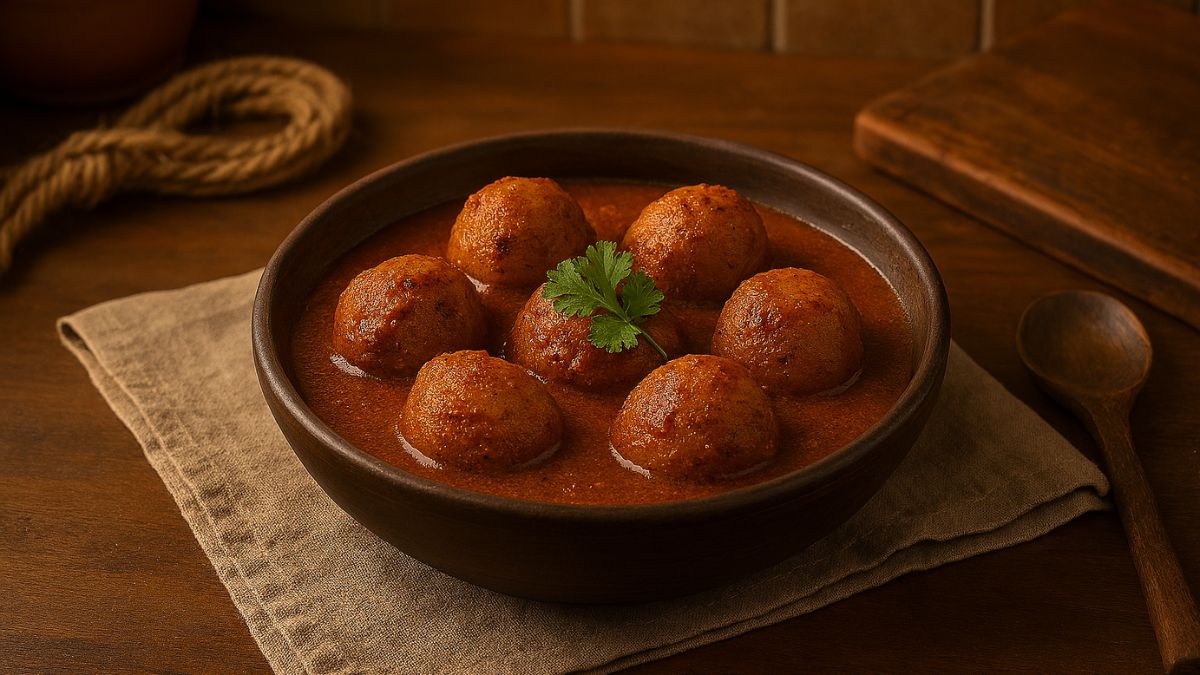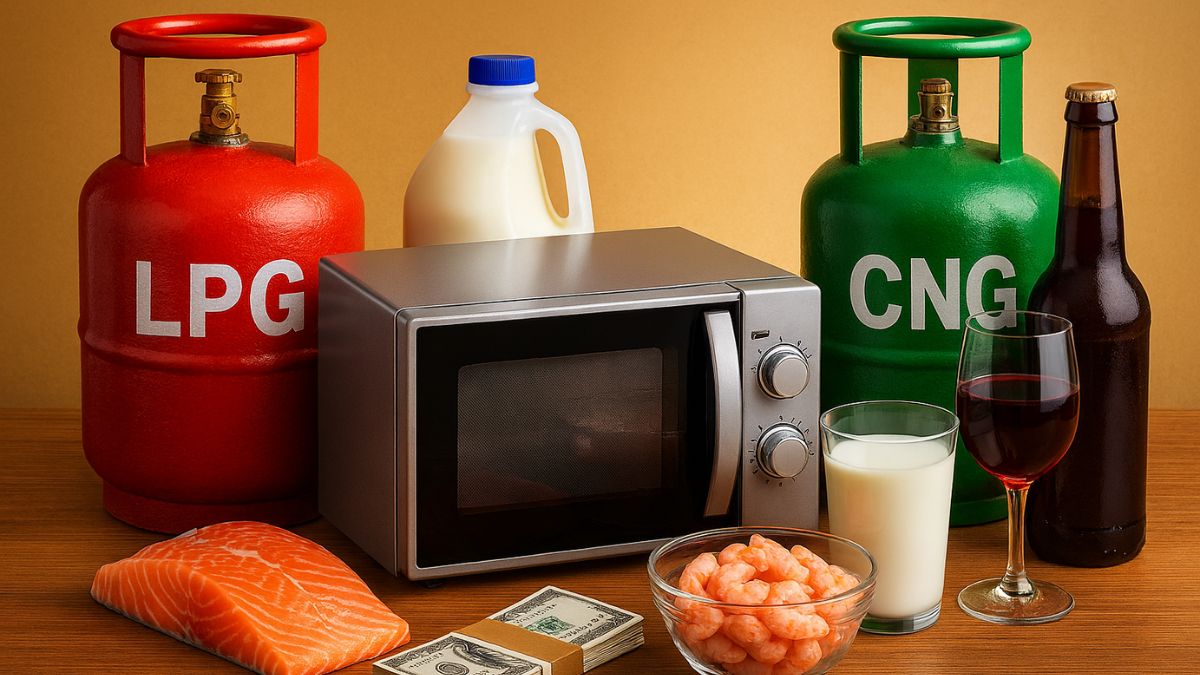If you drink in moderation here comes a piece of good news for you. Drinking two to three units of alcohol daily can cut death risk among people with an early stage of Alzheimer's disease, researchers report. Moderate drinking has already been associated with a lower risk of developing and dying from heart disease and stroke. But alcohol is known to damage brain cells and given that dementia is a neuro-degenerative disorder, drinking might be harmful in those with the condition.
The researchers, therefore, wanted to find out if the same potentially positive association between alcohol and a reduced risk of cardiovascular death could be applied to 321 people with early stage Alzheimer's disease who were tracked for three years.
One alcohol unit is measured as 10 ml of pure alcohol. This equals one 25 ml single measure of whisky (40 percent), or a third of a pint of beer (5-6 percent) 175 ml glass of red wine (12 percent). The team analysed data originally collected on 330 people with early stage dementia or Alzheimer's disease and their primary carers from across Denmark as part of the Danish Alzheimer's Intervention Study (DAISY). Most of the participants (71 percent) drank one or fewer units a day while 17 percent drank two-three units.
"Consumption of two-three units of alcohol every day was associated with a 77 percent lowered risk of death compared with a tally of one or fewer daily units," the authors wrote in a paper published in the online journal BMJ Open.
These results held true after taking account of influential factors: gender, age, other underlying conditions, whether the individual lived alone or with their primary caregiver, educational attainment, smoking and quality of life.
"The results point towards a potential, positive association of moderate alcohol consumption on mortality in patients with Alzheimer's disease," they added.
Further research looking at the impact of alcohol on cognitive decline and disease progression in patients with mild Alzheimer's disease would be particularly informative, they concluded.










